
People who were genetically predisposed to smoking behaviors were at a 63% greater risk for subarachnoid hemorrhage.

People who were genetically predisposed to smoking behaviors were at a 63% greater risk for subarachnoid hemorrhage.


The findings showed that 64% of EEG education programs did not utilize objective measures to assess EEG milestones.










Here's what is coming soon to NeurologyLive.


Patients with an early age of onset (AO) were also more likely to receive less effective first-line oral therapy than those with later AOs.
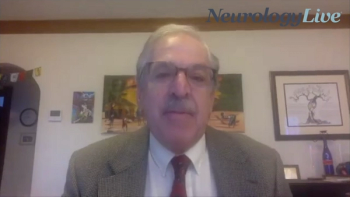
The neurologist from the Comprehensive Epilepsy Care Center for Children and Adults, in St. Louis, Missouri, discussed the different medications that cenobamate was used with.
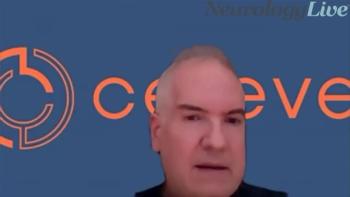
The chief medical officer of Cerevel Therapeutics detailed phase 2 data of its investigational agent tavapadon, which has been studied in patients with Parkinson disease.

Maha Radhakrishnan, MD, the Group SVP and chief medical officer at Biogen, discussed the collaborative study between Biogen and Apple that’s expected to kick off later this year.

The FDA previously declined to approve de novo classification in April 2019.

Take 5 minutes to catch up on NeurologyLive's highlights from the week ending January 15, 2021.
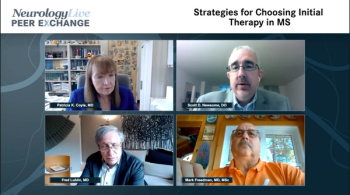

No devices performed better than polysomnography, but the researchers believe they warrant further testing.

"Mind Moments," a podcast from NeurologyLive, brings you an exclusive interview with Jacqueline French, MD.

William Rosenfeld, MD, discusses the decreases his team observed in concomitant medication use with cenobamate in patients with focal seizures.
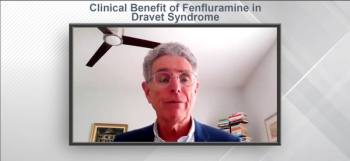

The ability of the ABC/2 method to correctly identify patients with an infarct volume below a pre-defined cut-point proved to be very high for various cut-points.
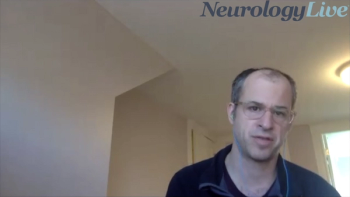
The assistant professor of neurology and anesthesiology at Harvard Medical School discussed the landscape of ALS treatments and his outlook on how the future might evolve.

The EDSS inaccurately reported improvement rates while paralleling disability progression rates.

Alicia Roth, PhD, provides a Q&A perspective on the science between 2 terrifying, sleep-related events.